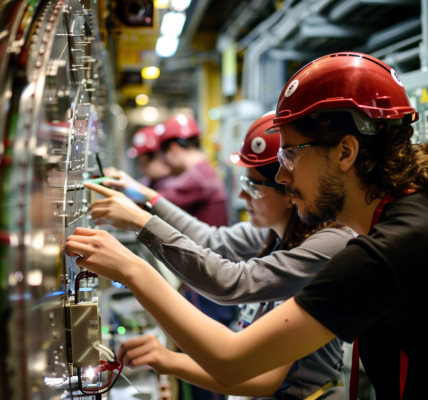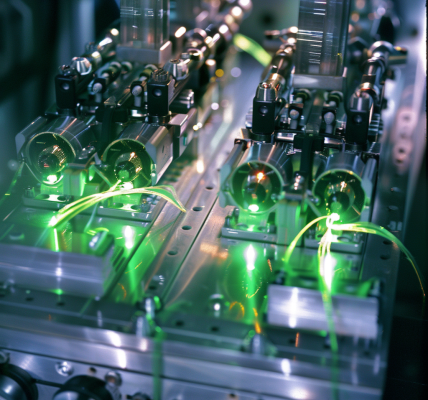Perovskite solar cells (PSCs) have shown remarkable progress in photovoltaic performance over the last decade. However, their stability remains a significant concern with implications for real-world energy yield. Issues such as material decomposition under light, heat, oxygen, and humidity, as well as mechanical concerns, have posed challenges for the operational stability of PSCs. Trap-assisted recombination is also considered a major reason for degradation.
A recent study has shed light on the dominant factor in the degradation of PSCs under operational conditions. The study revealed that mobile ion-induced internal field screening is the primary contributor to the degradation of PSCs. The presence of mobile ions in metal halide perovskites has been shown to adversely affect the intrinsic stability of PSCs. The increased field screening leads to a decrease in the steady-state efficiency, often resulting in a large reduction in the current density. However, the efficiency at high scan speeds (>1,000 V s−1), where the ions are immobilized, is much less affected.
The research also found that the bulk and interface quality of PSCs do not degrade upon aging. Instead, the open-circuit voltage decreases owing to an increase in the mobile ion density. This work highlights the importance of ionic losses for intrinsic PSC degradation before chemical or extrinsic mechanical effects manifest.
Efforts to improve the stability of PSCs have included compositional and device engineering. Compositional engineering aims to address stability issues by modifying the composition of perovskite materials, while device engineering focuses on enhancing the design and structure of PSCs to mitigate degradation factors.
Overall, while PSCs have shown promising photovoltaic performance, addressing stability concerns is crucial for their widespread adoption and long-term viability in real-world applications.





